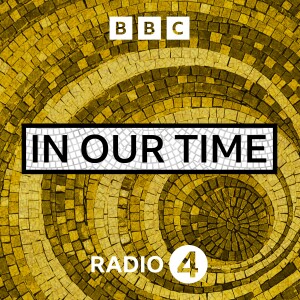
The Royal Society and British Science: Episode 2
 2010-01-05
2010-01-05
As part of the BBC's year of science programming, Melvyn Bragg looks at the history of the oldest scientific learned society of them all: the Royal Society. Programme two begins in the coffee house Isaac Newton and the fellows of the early 18th century frequented. At the Royal Observatory, Greenwich, we learn how Newton's feud with the Astronomer Royal John Flamsteed tested the lines between government-funded research and public access. In the age of exploration, senior fellows accompany naval expeditions, such as Cook's expedition to Tahiti and subsequent discovery of Australia. International relations are fostered between scientists such as Benjamin Franklin, whose house in London serves as live-in lab and de facto American embassy. By the end of the century the President, Sir Joseph Banks, successfully embeds the Royal Society in the imperial bureaucratic hub of the new Somerset House. But while senior fellows concentrated on foreign fields, a more radical, dissident science and manufacturing base wrought the Industrial Revolution right under their noses.
More Episodes
 2022-04-28
2022-04-28
 2022-04-21
2022-04-21
 2022-04-14
2022-04-14
 2022-04-07
2022-04-07
 2022-03-31
2022-03-31
 2022-03-04
2022-03-04
 2022-02-24
2022-02-24
 2022-02-17
2022-02-17
 2022-02-10
2022-02-10
 2022-02-03
2022-02-03
 2022-01-27
2022-01-27
 2022-01-20
2022-01-20
 2022-01-13
2022-01-13
 2021-12-30
2021-12-30
 2021-12-23
2021-12-23
 2021-12-16
2021-12-16
 2021-12-09
2021-12-09
 2021-12-02
2021-12-02
 2021-11-25
2021-11-25
 2021-11-18
2021-11-18
Create your
podcast in
minutes
- Full-featured podcast site
- Unlimited storage and bandwidth
- Comprehensive podcast stats
- Distribute to Apple Podcasts, Spotify, and more
- Make money with your podcast
It is Free
- Privacy Policy
- Cookie Policy
- Terms of Use
- Consent Preferences
- Copyright © 2015-2024 Podbean.com


